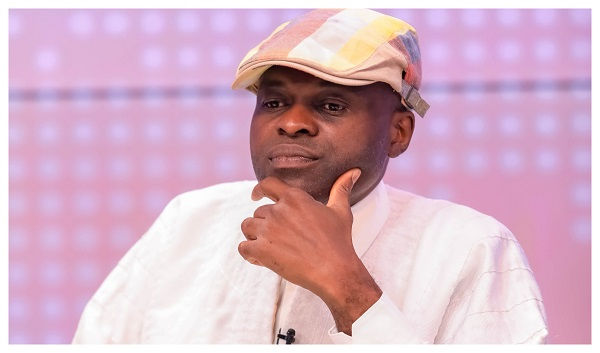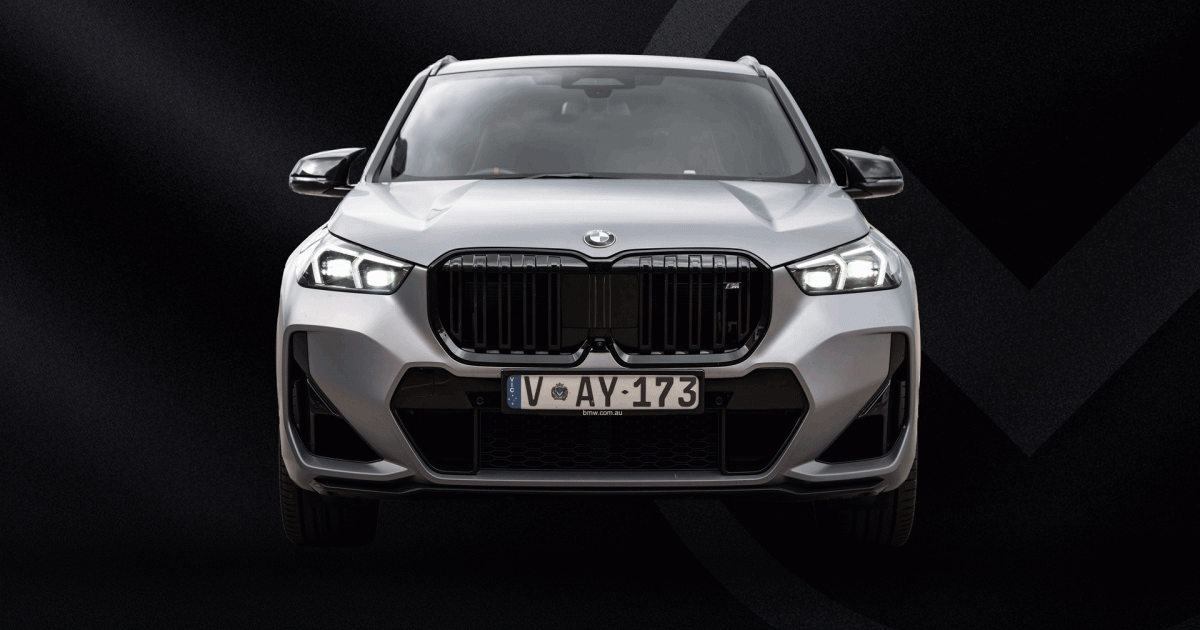BMW and Experian share consumer EV buying trends | Repairer Driven News
Amid uncertainty about the future of the EV market, a survey commissioned by BMW reveals evolving U.S. consumer expectations regarding EV performance and usability, while Experian has found more EVs were leased in Q1 rather than purchased.
According to the BMW survey, cost and infrastructure barriers persist, but there is also a growing consumer openness to electrification and emerging powertrain technologies.
The findings underscore the need for continued innovation, education, and investment across the EV ecosystem, BMW said.
Ninety-two percent of Americans believe continued innovation in EV technology is important, and 30% find it “very important.”
More than 30% of consumers ranked a reputation for innovation as their top priority when considering an EV brand.
Fifty-eight percent said they’re open to hydrogen fuel cell vehicles, including 14% who are “very open.”
“While awareness of hydrogen fuel cell technology and availability of necessary infrastructure for hydrogen still trails behind battery electric vehicles, this level of interest points to growing consumer curiosity and a clear opportunity for education and investment as infrastructure and availability improve,” BMW stated in a press release.
This year, 62% of Americans consider EV buyers “early adopters,” dropping from 5% compared to 2023. However, affordability is a hurdle for 40% who cited cost as the main reason why they haven’t purchased one yet. Still, 55% said they expect to buy an EV, with nearly 1 in 5 planning to do so in the next three to five years.
Sixty-six percent of respondents said they would consider buying a hybrid or plug-in hybrid before purchasing a battery-electric vehicle.
Seventy-five percent said 75 miles of daily range is sufficient; however, 50 miles was the most common preference, indicating that consumers are increasingly aligning expectations with practical daily driving needs rather than aiming for maximum range, the release states.
Forty-seven percent said they know where their nearest public charging station is, up from 40% in 2024.
BMW currently offers eight electrified models in the U.S., including four fully electric (the i4, i5, iX, and i7) and four plug-in hybrid (X5 xDrive50e, BMW 550e Series, BMW 750e, and XM).
Next year, the company will begin assembling EVs at its plant in South Carolina. By the end of the decade, at least six electric models will be assembled in the U.S.
According to Experian, EVs reached nearly 10% of new purchases in Q1 and were leased almost 60% of the time, including nearly 23% of all new leasing.
Among the top 10 leased EV models, Experian found that lessees save an average of $175 per month on their payments compared to those who choose to finance with a loan. The top 10 models are the Tesla Model Y and Model 3, Honda Prologue, Mustang Mach-E, Hyundai IONIQ 5, Chevrolet Equinox, Volkswagen ID.4, BMW i4 and bZ4X, and Kia EV6.
Lease payments range from $318 to $684. Loan payments on the same models range from $623 to $866, according to Experian.
Honda remains the No. 1 leased brand. Tesla’s leased market share increased 88%, bringing it to No. 3. Unchanged: Honda remains the No. 1 leased brand. Tesla’s leased market share increased 88%, bringing it to No. 3.
According to AAA’s latest EV survey, buyers continue to hesitate to consider an EV as their next vehicle at the lowest rate recorded since 2019.
Only 16% of U.S. adults reported being “very likely” or “likely” to purchase a fully electric vehicle as their next car, according to the survey fielded in March.
The percentage of consumers who said they’d be “unlikely” or “very unlikely” to purchase an EV also rose from 51% to 63%, the highest since 2022.
Images
Featured image credit: Fahroni/iStock
Share This:










